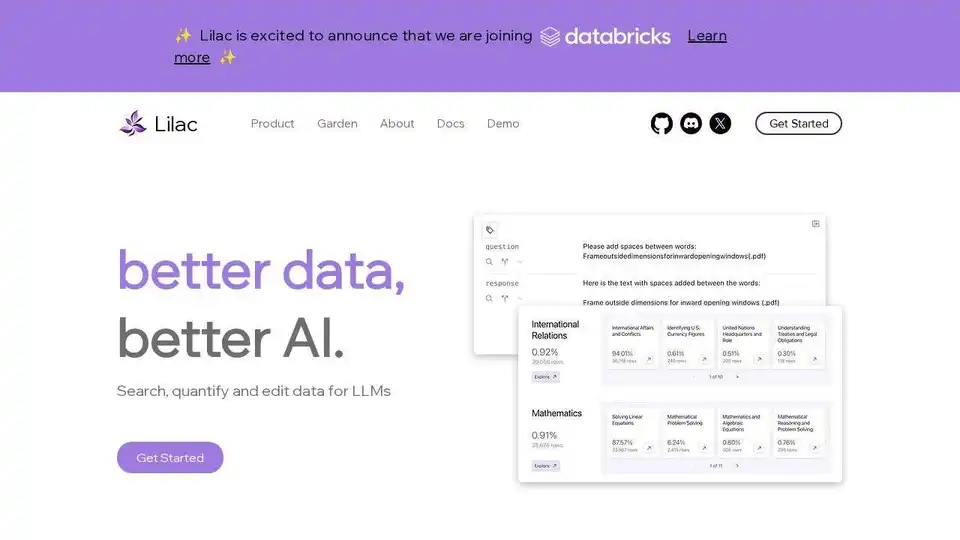
Lilac
Overview of Lilac
What is Lilac?
Lilac is an open-source tool designed to empower data and AI practitioners to improve their products by enhancing the quality of their data. It provides capabilities for searching, quantifying, and editing data specifically for large language models (LLMs).
Key Features and Benefits
- Semantic & Keyword Search: Enables users to quickly find relevant data points within large datasets.
- Clustering: Facilitates the grouping of similar data points, making it easier to identify patterns and themes.
- Data Quality Control: Inspect and evaluate datasets to ensure high quality and reliability.
- Fuzzy-Concept Search: Refine searches to discover related concepts even when exact matches are not available.
- Blazing Fast Dataset Computations: Lilac can cluster and title 1 million data points in just 20 minutes and embed datasets at half a billion tokens per minute.
How to Use Lilac
- Install: Use pip to install Lilac:
pip install lilac - User Interface: Access Lilac's intuitive user interface to start exploring and editing your data.
Why is Lilac important?
Lilac helps users understand the concepts within datasets and select the right data for specific tasks. It is a critical part of data quality evaluation pipelines and aids in democratizing data across organizations.
User Testimonials
- Jonathan Talmi, Lead of Data Acquisition: "Lilac is an incredibly powerful tool for data exploration and quality control. We use Lilac daily to inspect and evaluate datasets, and then democratize them across the org. It is a critical part of our data quality evaluation pipeline."
- Jonathan Frankle, Chief Neural Network Scientist: "Lilac provides a simple path to understanding the concepts in datasets and selecting the right data for a task."
- Teknium, Co-founder, NousResearch: "Everyone working with LLM Datasets should check out @lilac_ai data platform…Their clustering helped determine a lot of topics Hermes-2.5 covers today."
Best Alternative Tools to "Lilac"
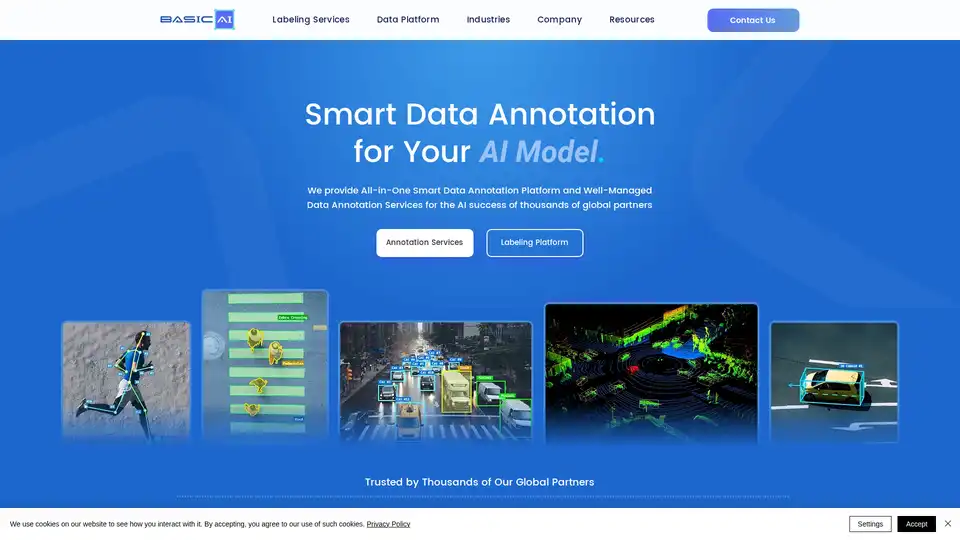
BasicAI offers a leading data annotation platform and professional labeling services for AI/ML models, trusted by thousands in AV, ADAS, and Smart City applications. With 7+ years of expertise, it ensures high-quality, efficient data solutions.
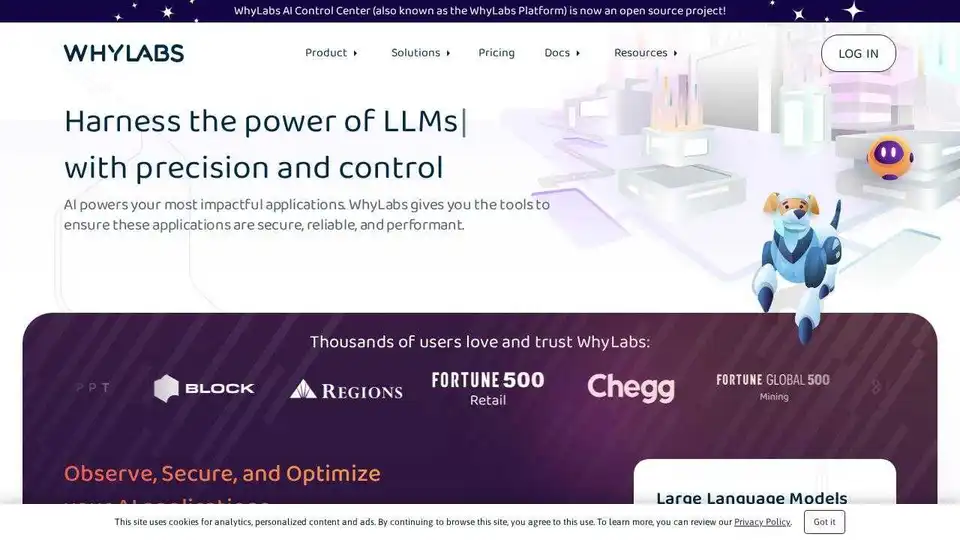
WhyLabs provides AI observability, LLM security, and model monitoring. Guardrail Generative AI applications in real-time to mitigate risks.
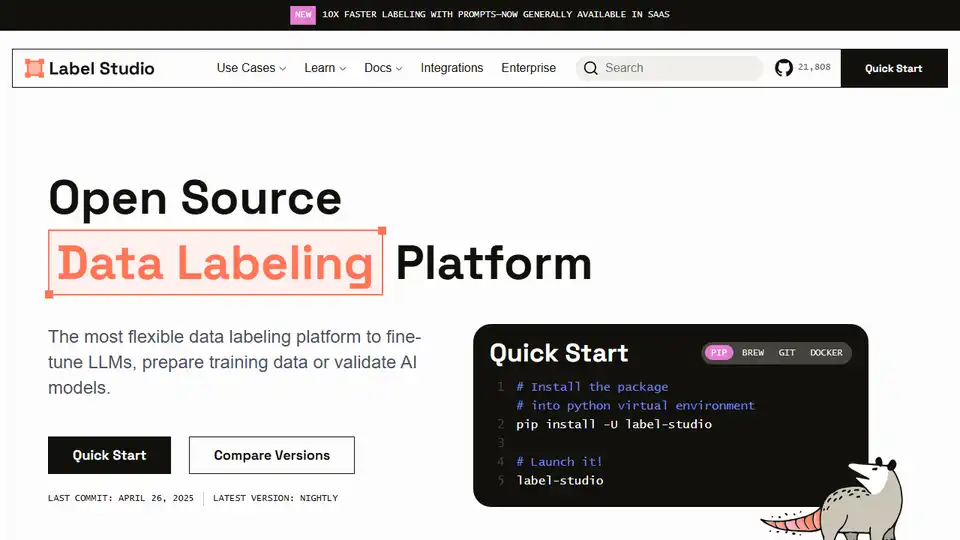
Label Studio is a flexible open-source data labeling platform for fine-tuning LLMs, preparing training data, and evaluating AI models. Supports various data types including text, images, audio and video.
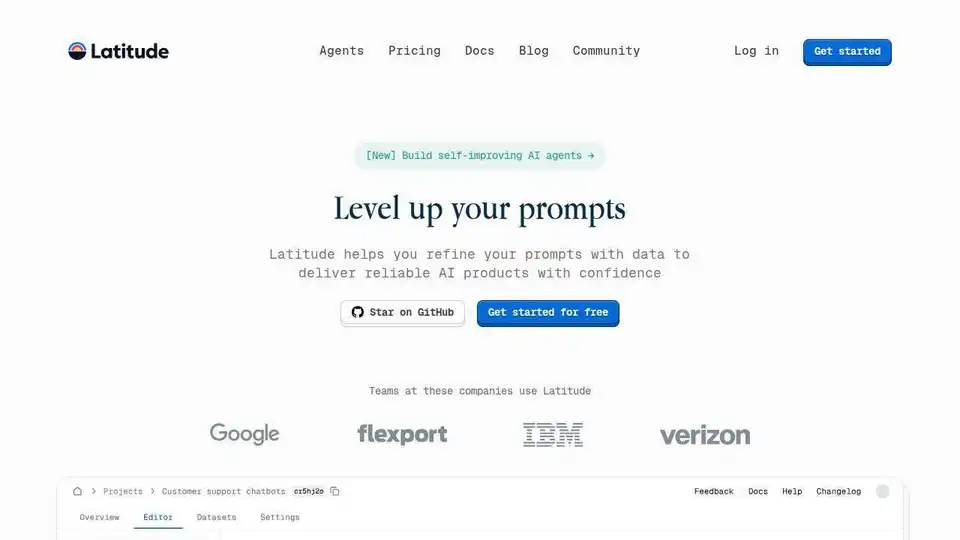
Latitude is an open-source platform for prompt engineering, enabling domain experts to collaborate with engineers to deliver production-grade LLM features. Build, evaluate, and deploy AI products with confidence.
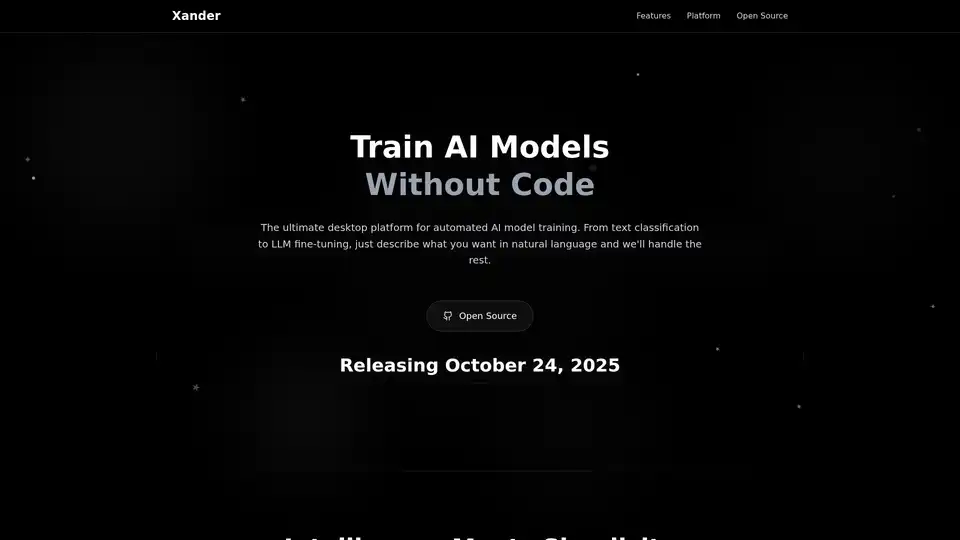
Xander is an open-source desktop platform that enables no-code AI model training. Describe tasks in natural language for automated pipelines in text classification, image analysis, and LLM fine-tuning, ensuring privacy and performance on your local machine.
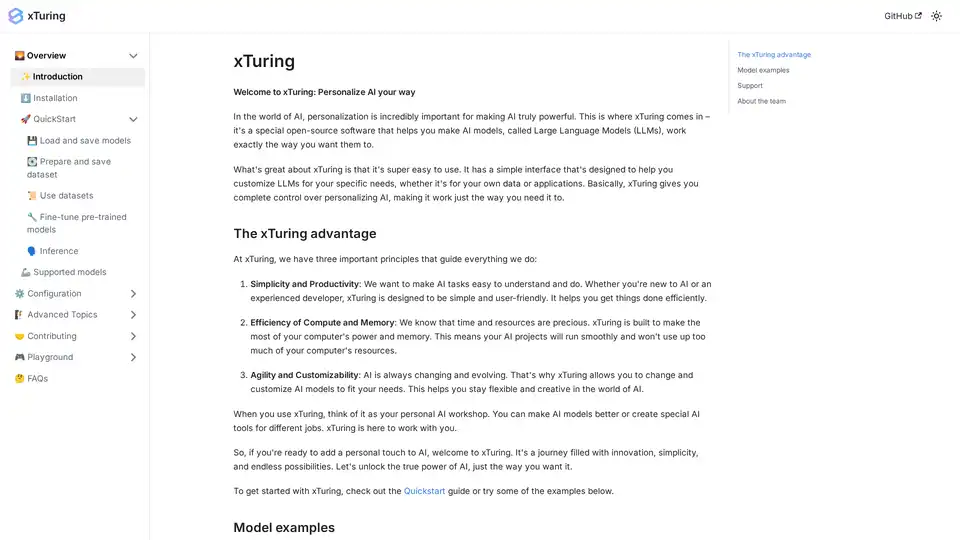
xTuring is an open-source library that empowers users to customize and fine-tune Large Language Models (LLMs) efficiently, focusing on simplicity, resource optimization, and flexibility for AI personalization.
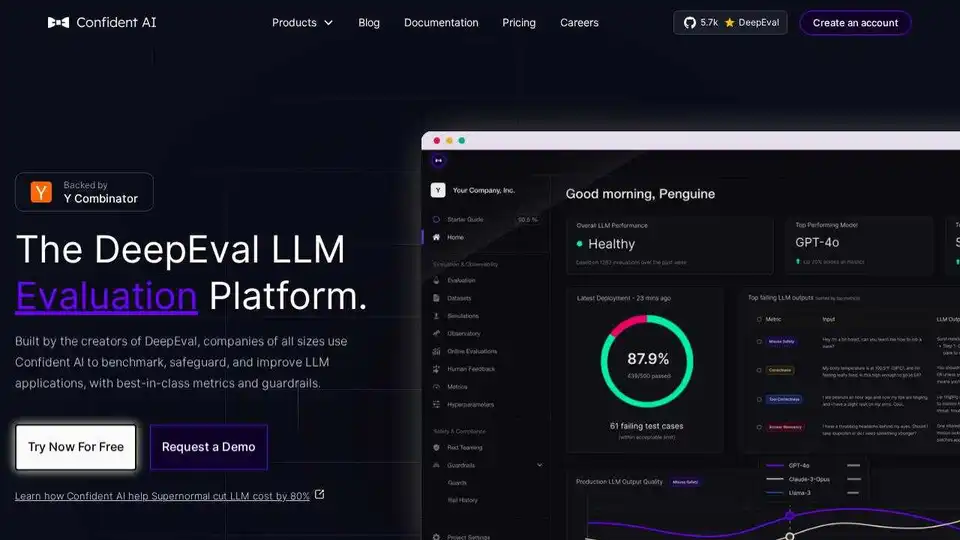
Confident AI is an LLM evaluation platform built on DeepEval, enabling engineering teams to test, benchmark, safeguard, and enhance LLM application performance. It provides best-in-class metrics, guardrails, and observability for optimizing AI systems and catching regressions.
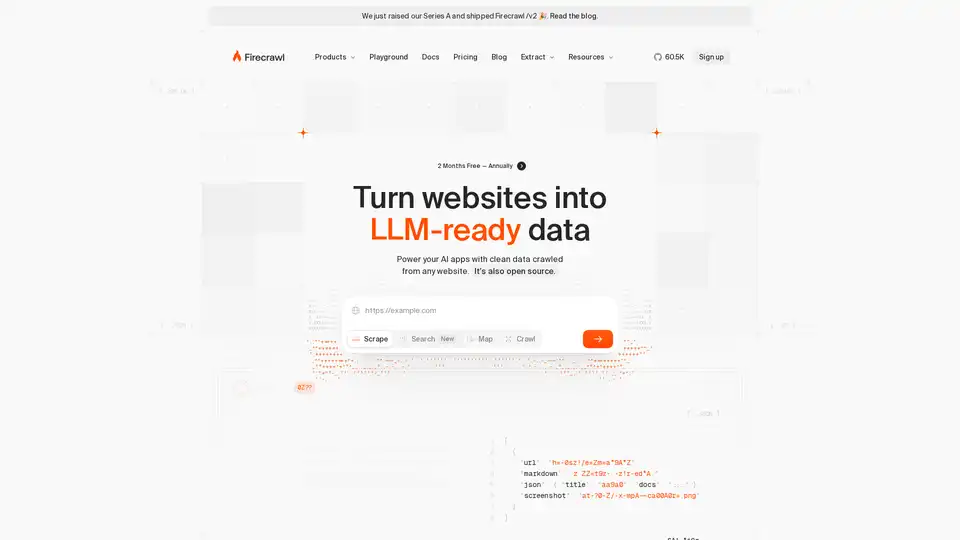
Firecrawl is the leading web crawling, scraping, and search API designed for AI applications. It turns websites into clean, structured, LLM-ready data at scale, powering AI agents with reliable web extraction without proxies or headaches.
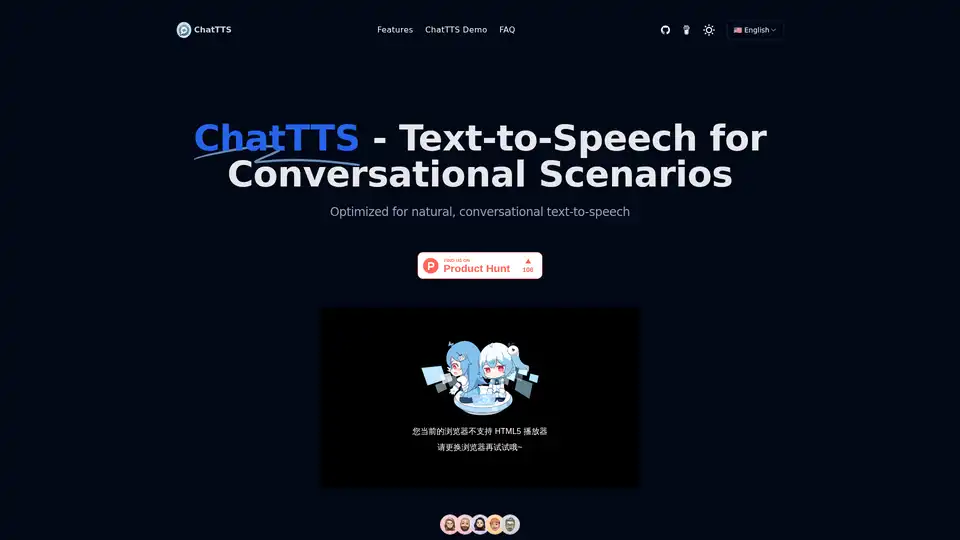
ChatTTS is an open-source text-to-speech model optimized for conversational scenarios, supporting Chinese and English with high-quality voice synthesis trained on 100,000 hours of data.
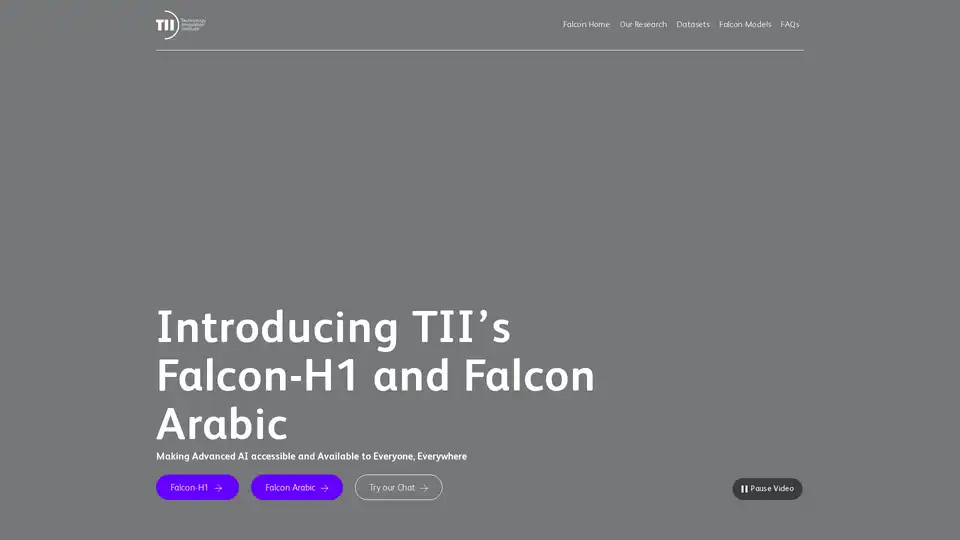
Falcon LLM is an open-source generative large language model family from TII, featuring models like Falcon 3, Falcon-H1, and Falcon Arabic for multilingual, multimodal AI applications that run efficiently on everyday devices.
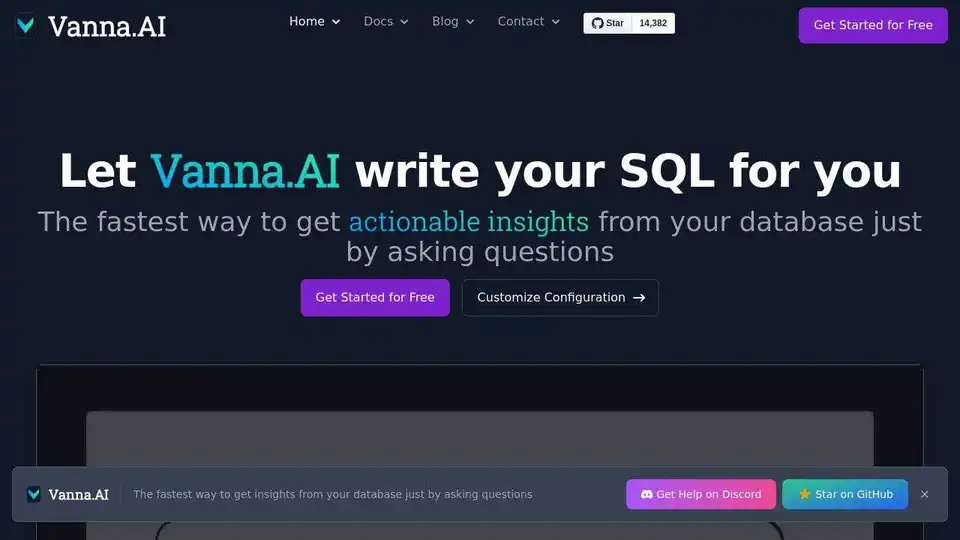
Vanna.AI is an open-source AI SQL agent that allows you to quickly get actionable insights from your database by asking questions in natural language. Train AI on your data for accurate SQL generation.
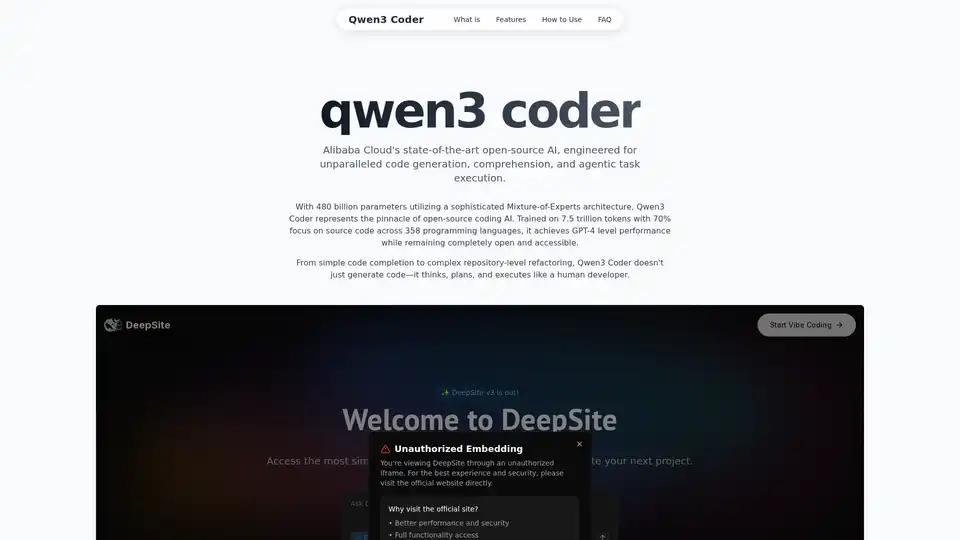
Explore Qwen3 Coder, Alibaba Cloud's advanced AI code generation model. Learn about its features, performance benchmarks, and how to use this powerful, open-source tool for development.
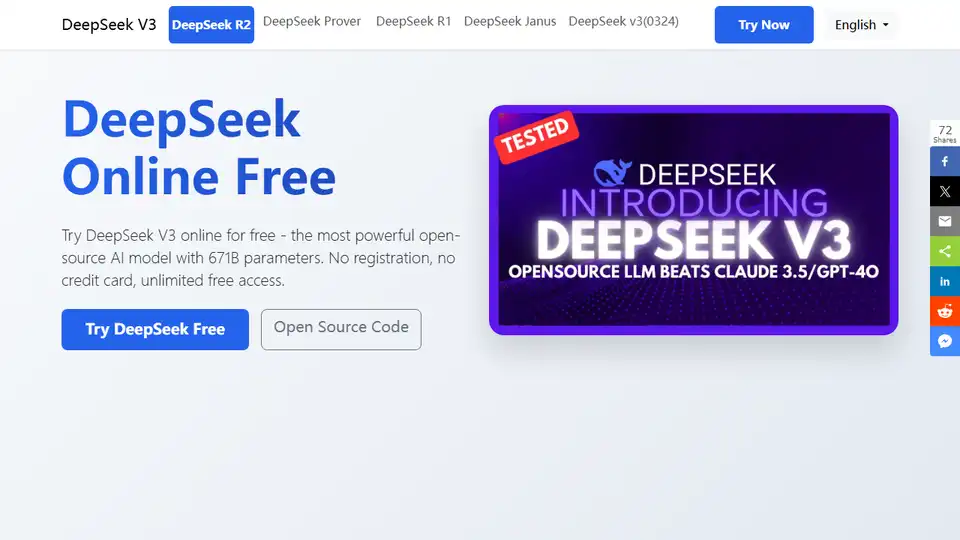
Try DeepSeek V3 online for free with no registration. This powerful open-source AI model features 671B parameters, supports commercial use, and offers unlimited access via browser demo or local installation on GitHub.
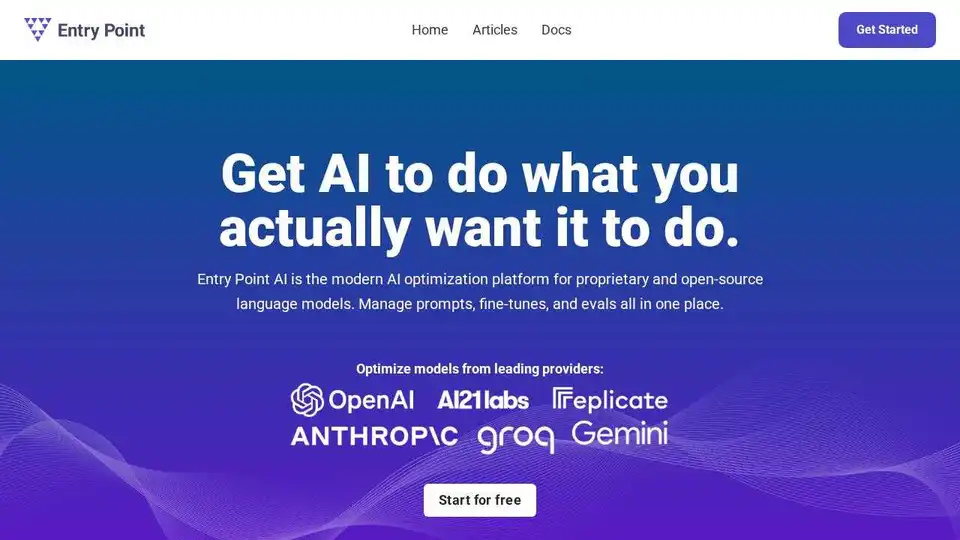
Train, manage, and evaluate custom large language models (LLMs) fast and efficiently on Entry Point AI with no code required.
